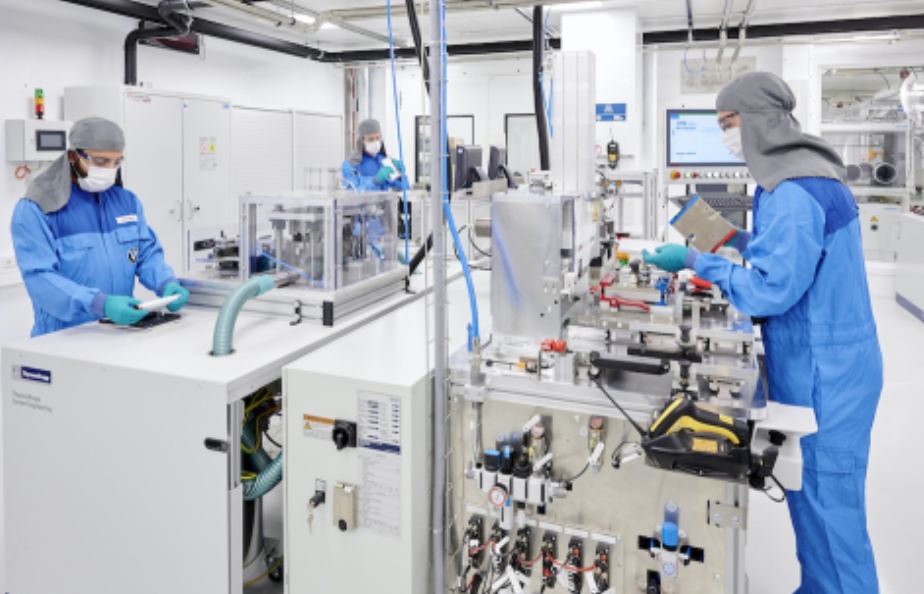
EU approves second project for ‘European Battery Innovation’

Assembly of the battery cell at the Battery Cell Competence Center at BMW in Munich, covering the entire battery cell value chain /BMW
The European Commission has approved a second project under EU state aid rules to support research and innovation in the battery value chain


Comments
Ready to join the conversation?
You must be an active subscriber to leave a comment.
Subscribe Today